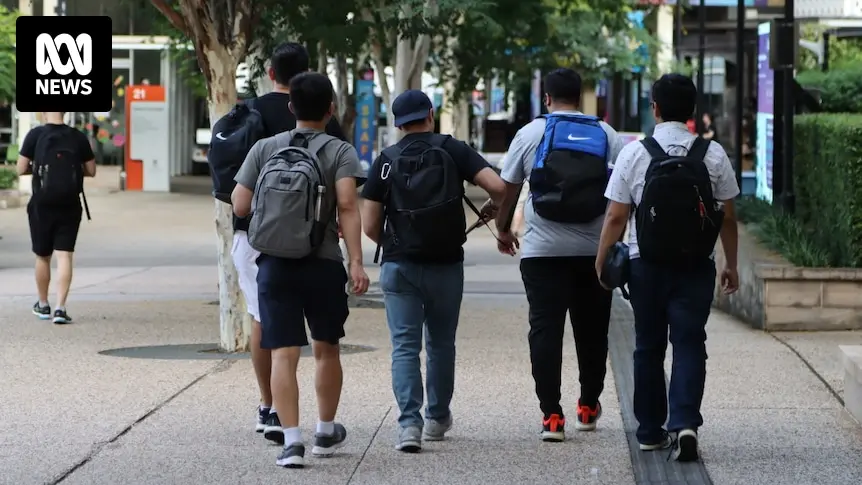In short:
The federal government is committing to significant changes to the student debt scheme in a pitch to younger Australians hit hard by cost of living pressures.
It claims the changes to the minimum repayment threshold and indexation will see the average HECS-HELP debt holder save $680 in yearly repayments.
What’s next?
The government will introduce legislation to implement the changes next year.
Under the proposal, repayments would operate similar to income tax thresholds where you pay a set rate per dollar above a certain level.
That rate per dollar increases as you move along the income scale.
The federal government’s plan also lifts the minimum repayment threshold from $54,435 to $67,000 next financial year.
That threshold will also be indexed to stay at 75 per cent of average graduate earnings.
A university graduate earning $70,000 a year would see a $1,300 reduction in their minimum repayments.
A graduate earning $80,000 a year would pay $850 less each year.
The measure applies to graduates earning up to $180,000 a year.



Make voluntary payments a tax deduction. If self education expenses are tax deductable then at least make some HECS payments deductable.